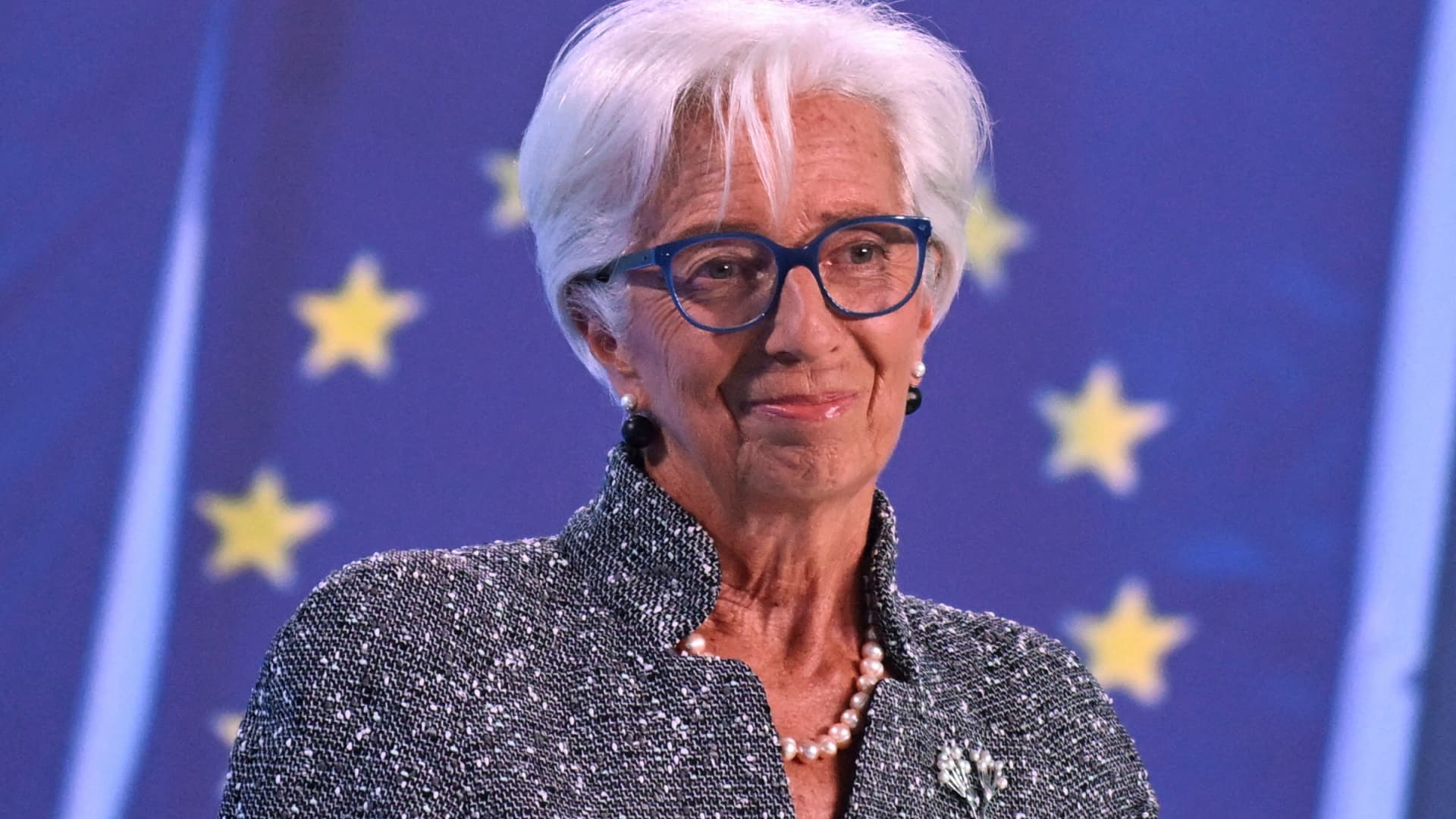Europe must “be prepared” and anticipate the potential trade tariffs of newly inaugurated U.S. President Donald Trump, European Central Bank President Christine Lagarde told CNBC on Wednesday.
She said the fact that Trump had not imposed blanket tariffs on the first day of his presidency was a “very smart approach … because blanket tariffs are not necessarily giving you the results that you expect.”
As such, she said she expects Trump’s tariffs to be “more selective, focused.”
“What we need to do here in Europe is to be prepared, and anticipate what will happen in order to respond,” she told CNBC’s Karen Tso at the World Economic Forum in Davos.
Trump has threatened to impose duties on goods imported to the U.S. from the EU and has repeated these claims since his inauguration on Monday, telling reporters that the EU has been “very, very bad to us. So they’re going to be in for tariffs.”
Valdis Dombrovskis, the European Union’s commissioner for the economy, on Wednesday told CNBC that if the bloc’s economic interests needed to be defended, the EU would respond “in a proportionate way.”
‘One way to respond’ to U.S. trade policy









